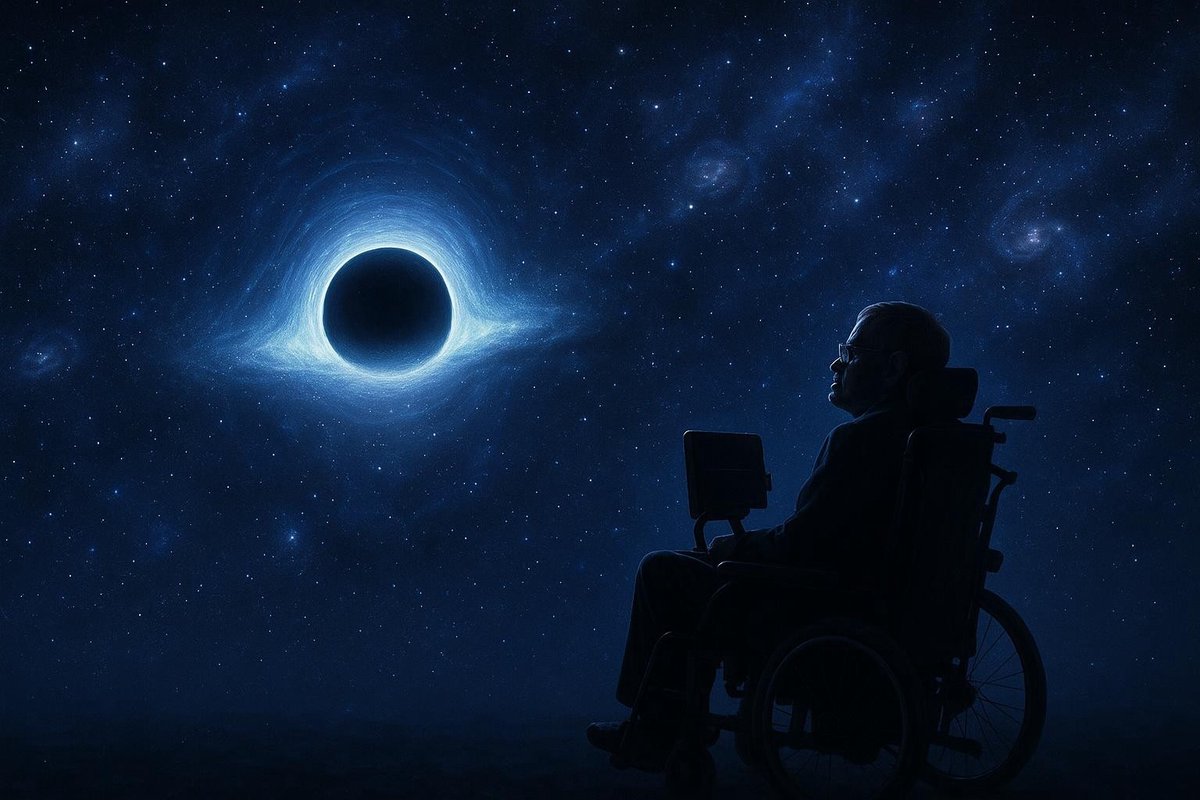
Can something so dark reveal the deepest truths of the universe? At first glance, the notion seems absurd. Black holes, after all, are the epitome of void—cosmic enigmas that consume everything, including light. Yet, delve deeper, and you’ll find an enthralling narrative of how these celestial entities are not just cosmic vacuum cleaners but portals to understanding the very essence of existence.
Unpacking the Question: A Journey into Darkness
The allure of black holes isn’t just their mysterious nature but their capacity to challenge what we think we know about the universe. Interestingly, many people believe that black holes represent the end of knowledge, a cosmic dead end. But what if they’re a beginning?
- Imagine standing at the edge of a black hole. To the naked eye, it’s nothing more than a dark abyss.
- But theorists like Stephen Hawking saw opportunity. He asked, what happens to the information that falls in?
Hawking’s inquiry was not just a question of science but of philosophy. If information is lost, it defies the fundamental laws of physics that demand predictability. As time goes on, this paradox has continued to perplex and inspire generations of physicists.
Surprising Facts: Where Science Meets Paradox
When Stephen Hawking tackled the black hole information paradox, he wasn’t just battling equations but confronting a universal enigma. Of course, his 1974 revelation that black holes emit radiation—a phenomenon now known as Hawking radiation—was groundbreaking.
- This discovery suggested black holes could eventually evaporate, but where does the lost information go?
- It sparked a decades-long debate: Is information truly lost in a black hole?
Hawking’s insights united quantum mechanics and general relativity, two previously opposing forces, in a surprising dance. By daring to ask if black holes could glow, he brought to light the paradox that remains unsolved, fueling both scientific and philosophical discussions worldwide.
What Science Says: A Tapestry of Theories
The scientific community is far from consensus but is rich with theories aiming to resolve the black hole information paradox. Interestingly, some argue that information could be stored at the event horizon, the point of no return.
- Others posit the concept of ‘firewalls’—energetic barriers that incinerate anything crossing the horizon.
- Hawking’s later work even flirted with the idea of alternative universes being repositories for lost information.
What truly matters is how these theories stimulate the imagination, offering new perspectives on the universe. The debate over black holes and information isn’t just academic; it’s a vibrant tapestry that reflects the human spirit’s insatiable curiosity.
What It Means for Us: The Broader Implications
So, what do black holes mean for us, ordinary earthbound folk? They remind us that the universe is not just a collection of stars and planets but a complex, interconnected puzzle.
- Each discovery about black holes offers us a glimpse at the universe’s grand design, unraveling mysteries that have puzzled humanity for centuries.
- Beyond the equations and theorems, black holes underscore the power of questioning and the endless possibilities that arise from curiosity.
The journey Hawking embarked upon is a testament to the belief that even the darkest places can shine a light on truth, offering profound insights into ourselves and our place in the cosmos.
In conclusion, black holes are more than just celestial oddities. They are gateways to understanding the universe’s most profound mysteries. Through the lens of science and philosophy, they teach us the value of curiosity and the infinite potential of human insight.
Fuel Someone Else’s Curiosity
If this cosmic journey has sparked your imagination, why not share it? Discuss black holes over coffee, ponder their mysteries with friends, or even inspire a budding scientist. After all, the universe’s secrets are waiting to be discovered, one question at a time.

Leave a Reply